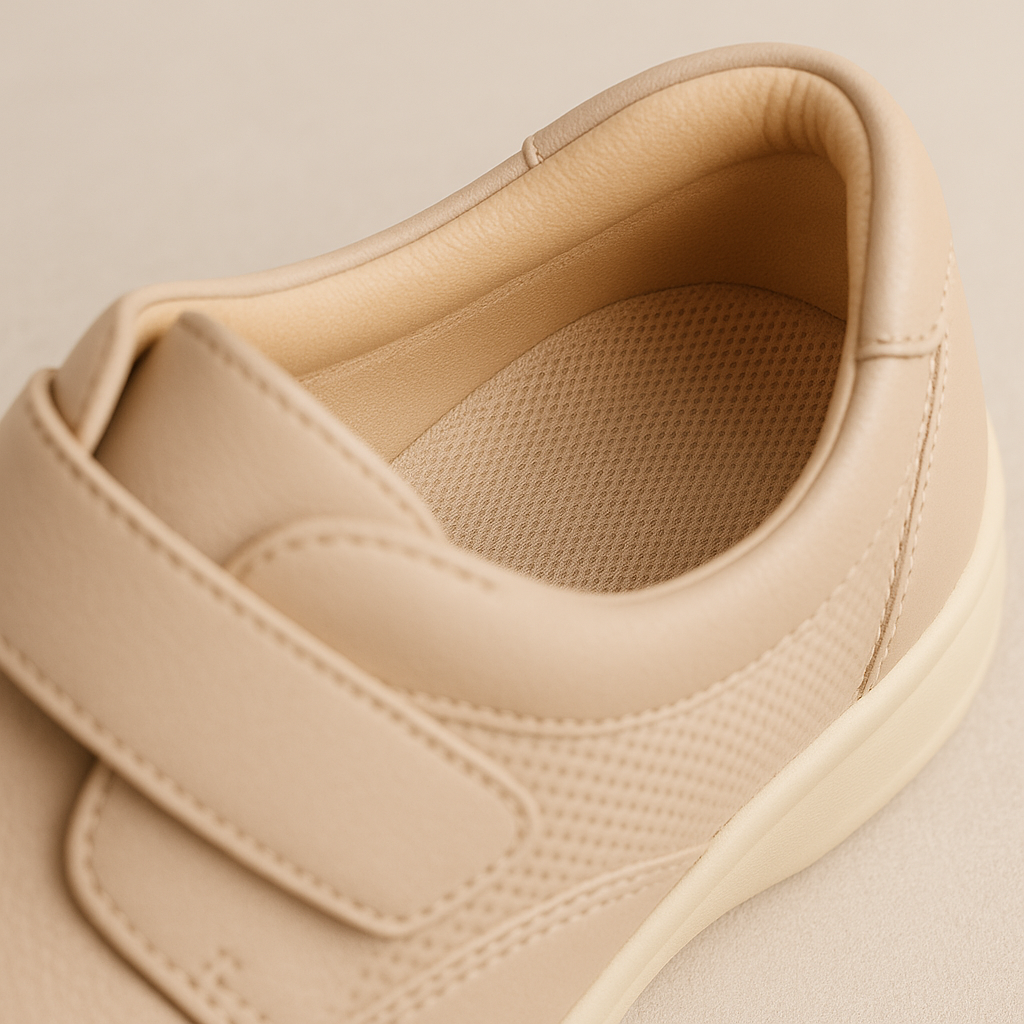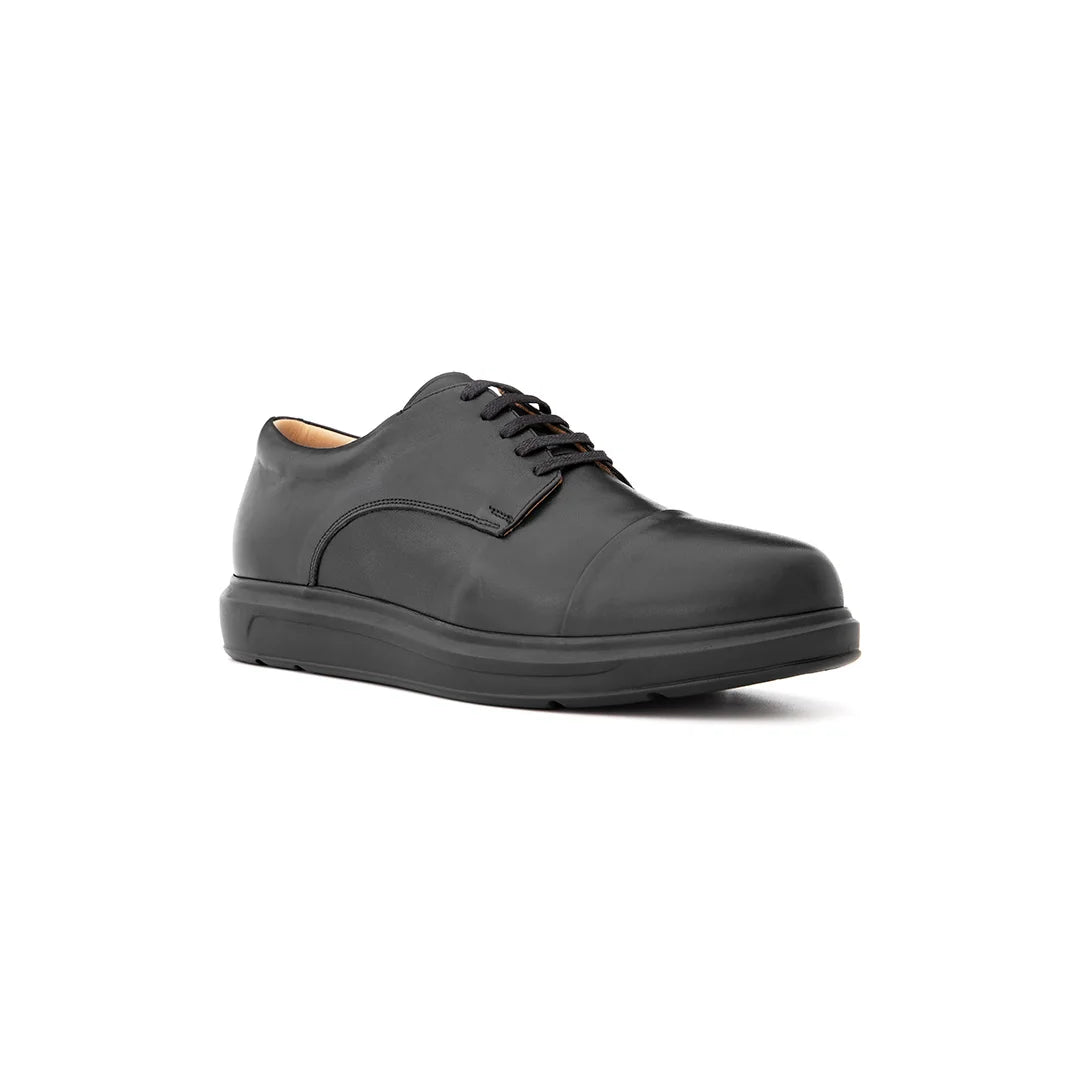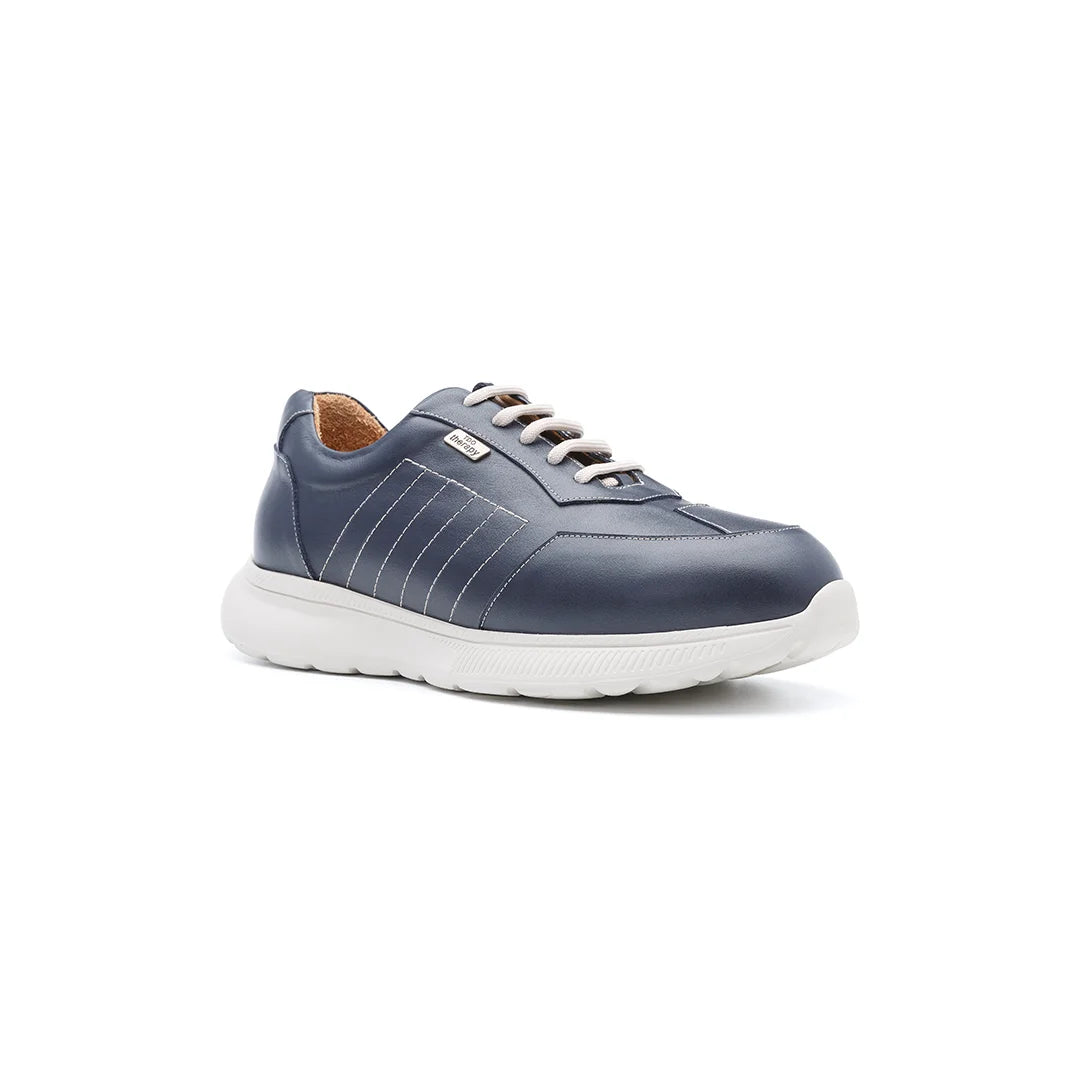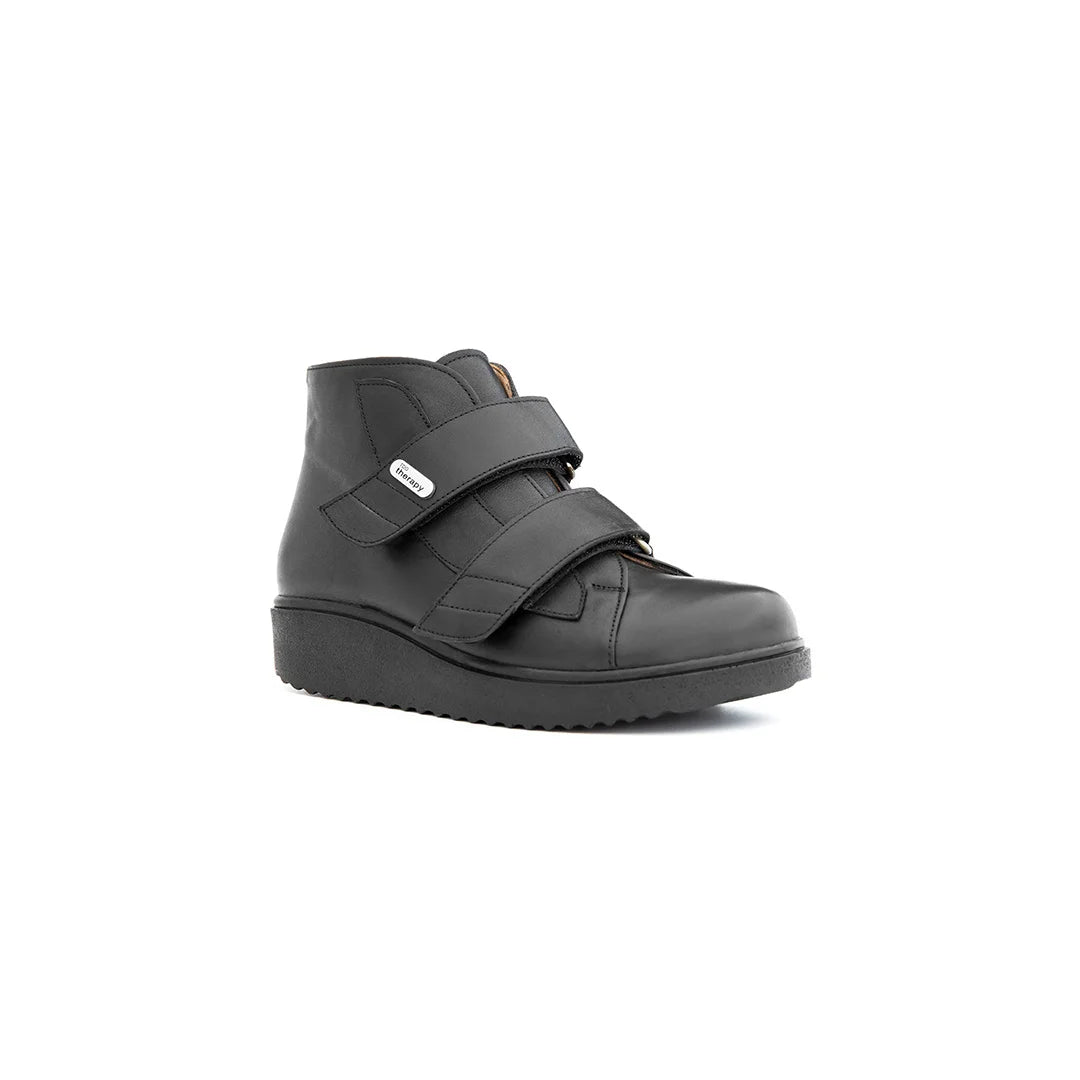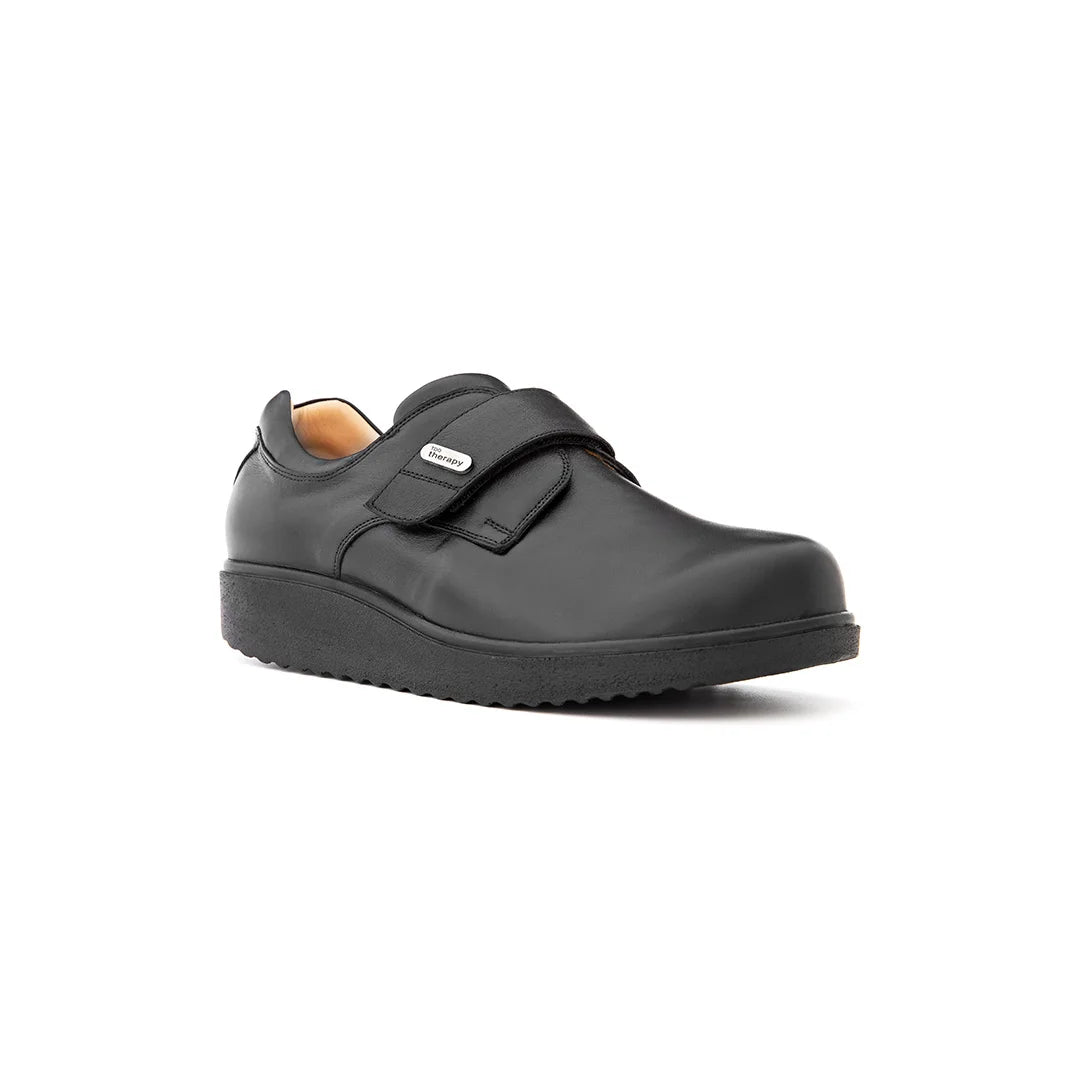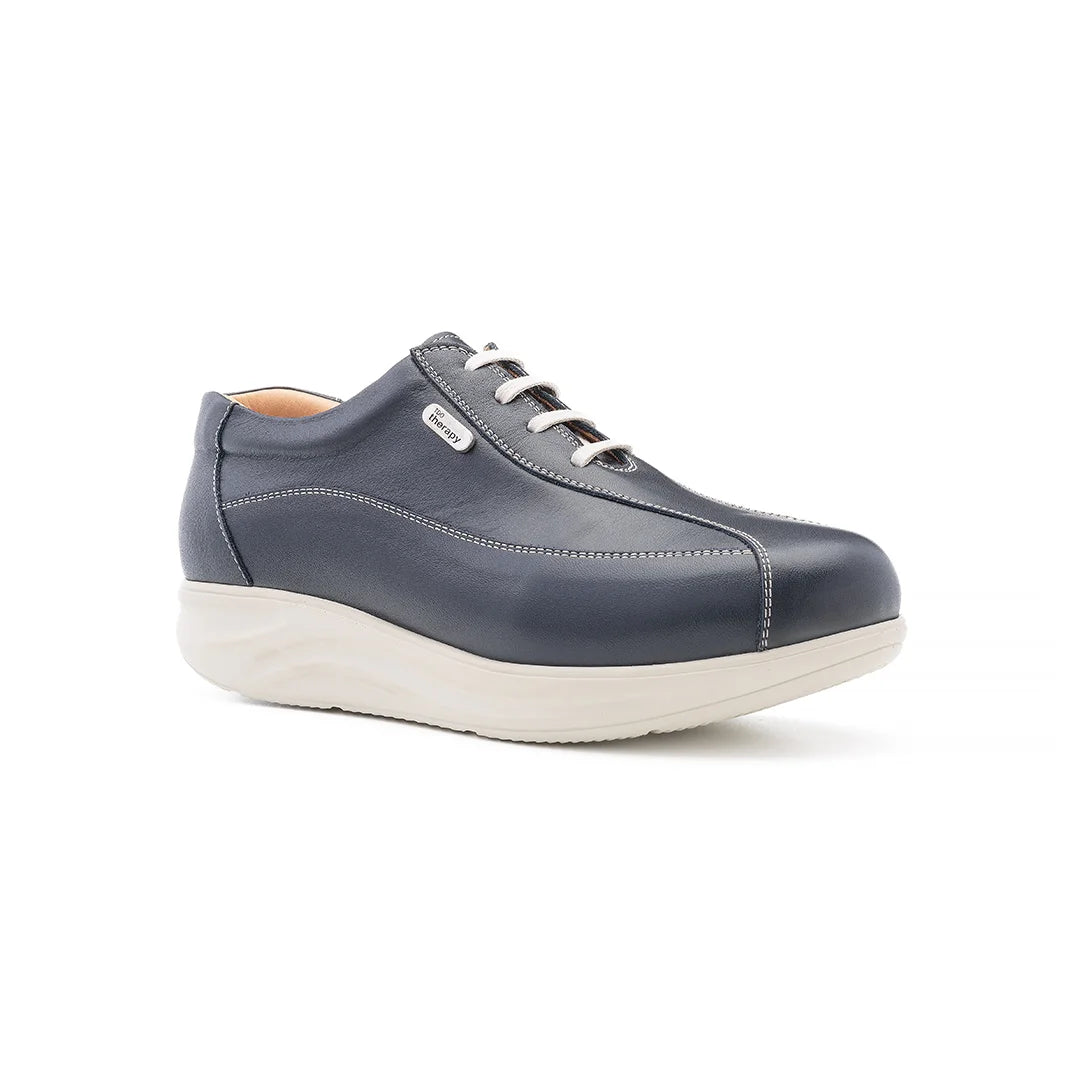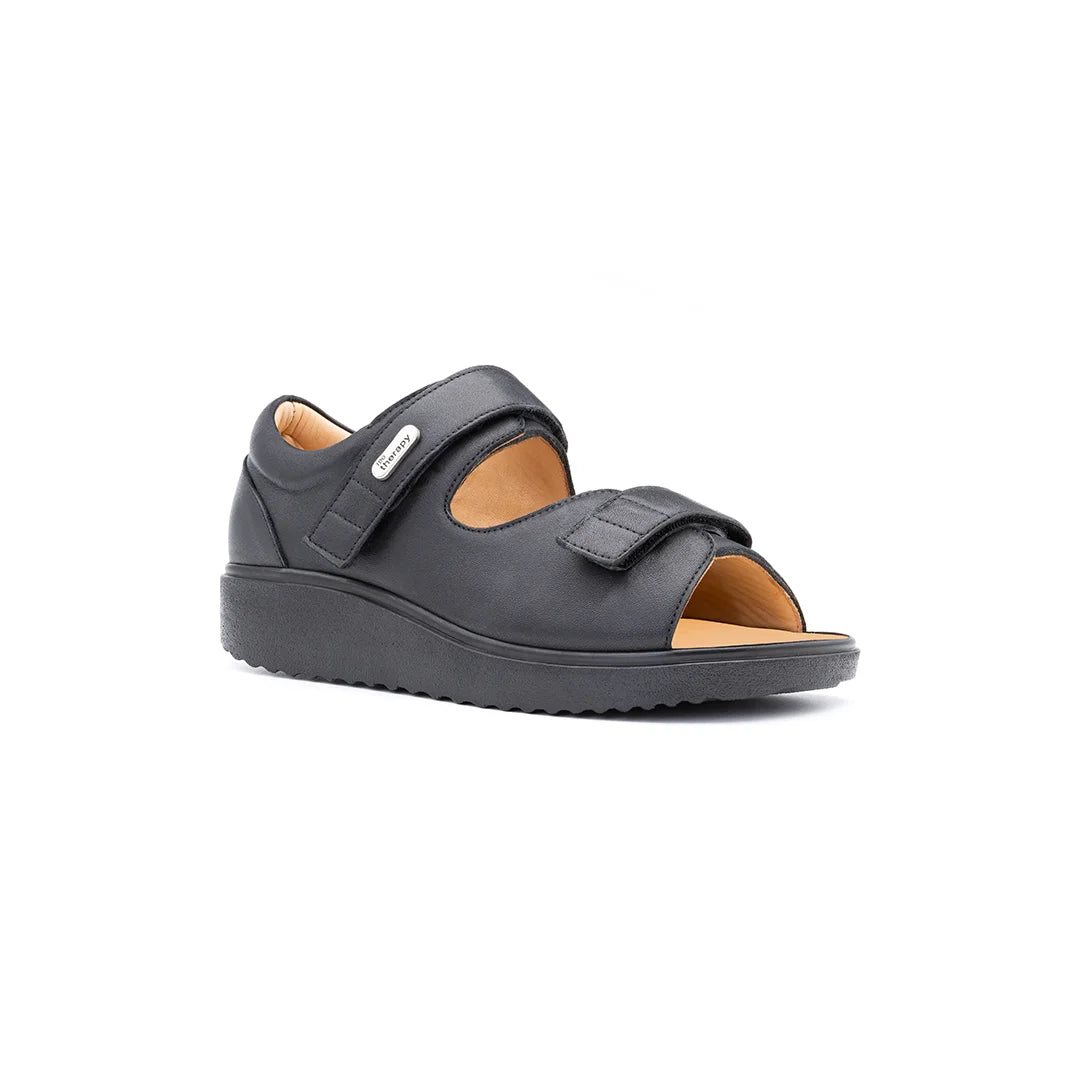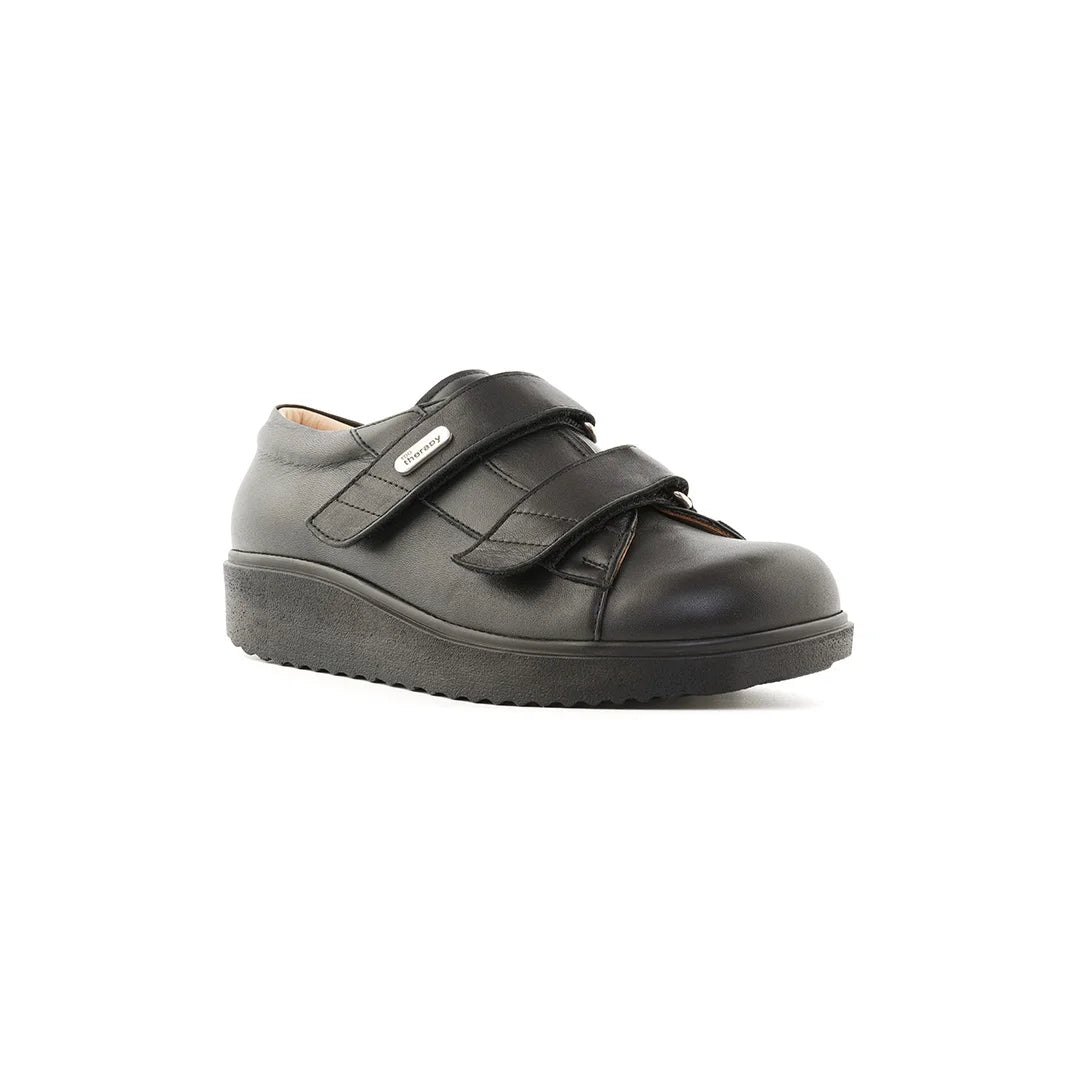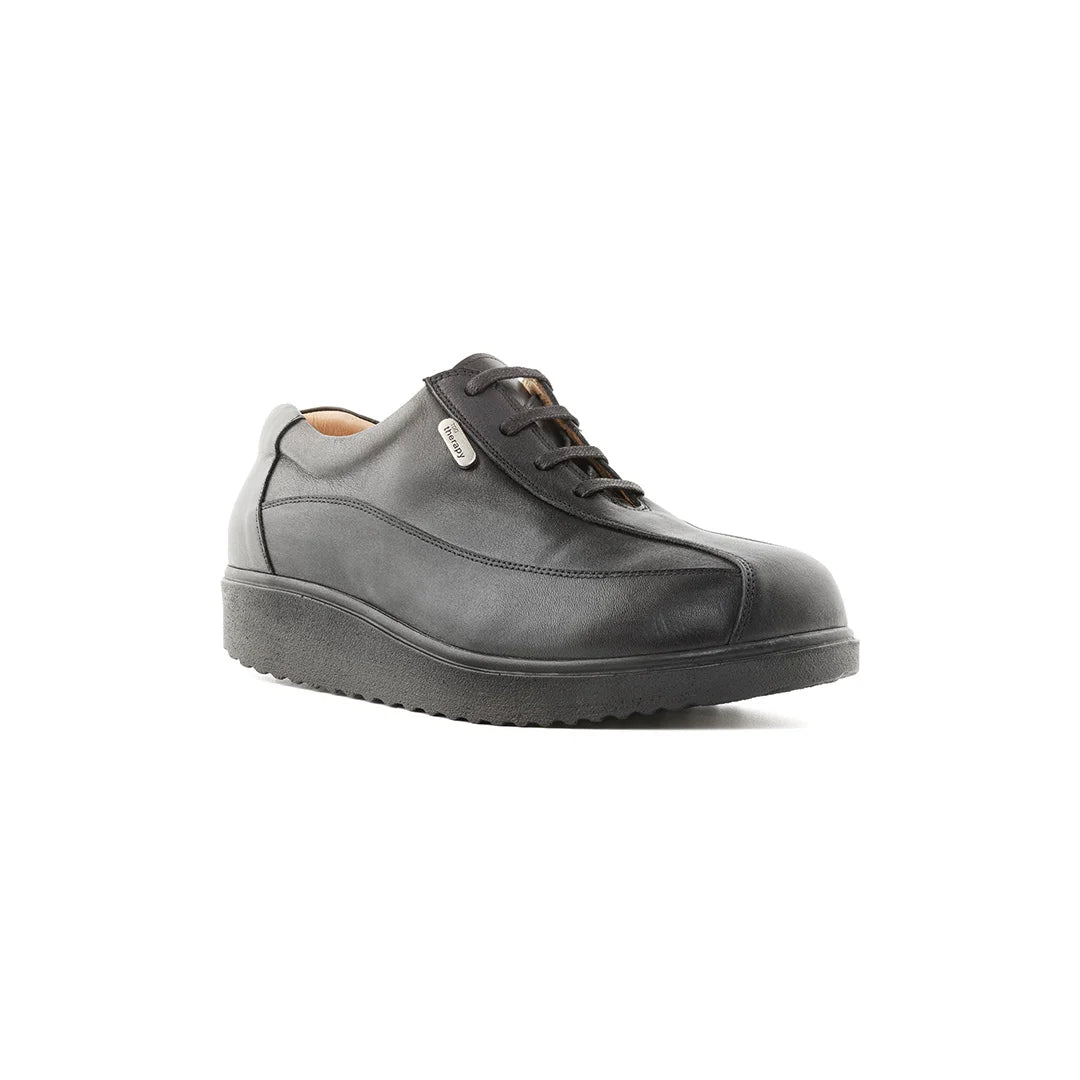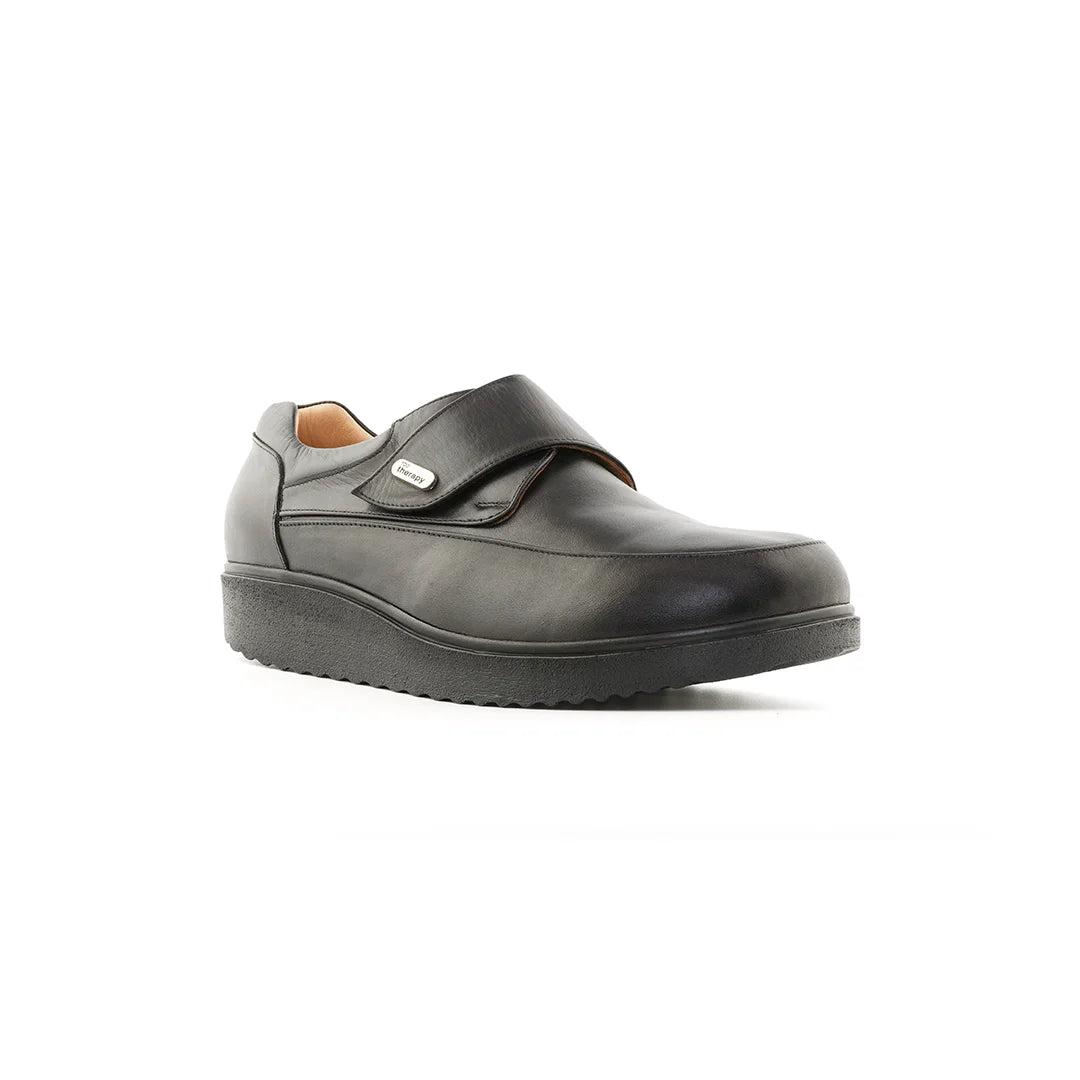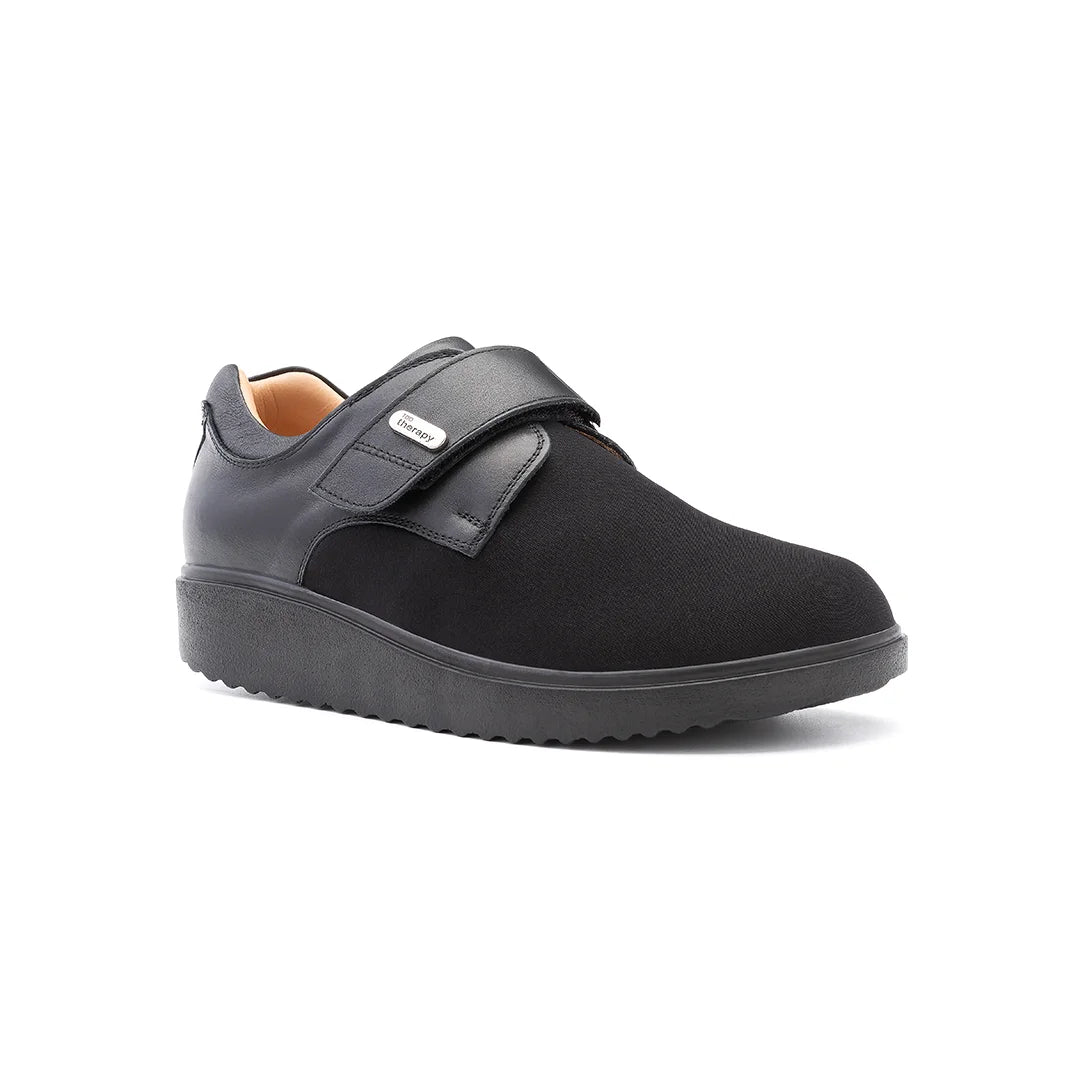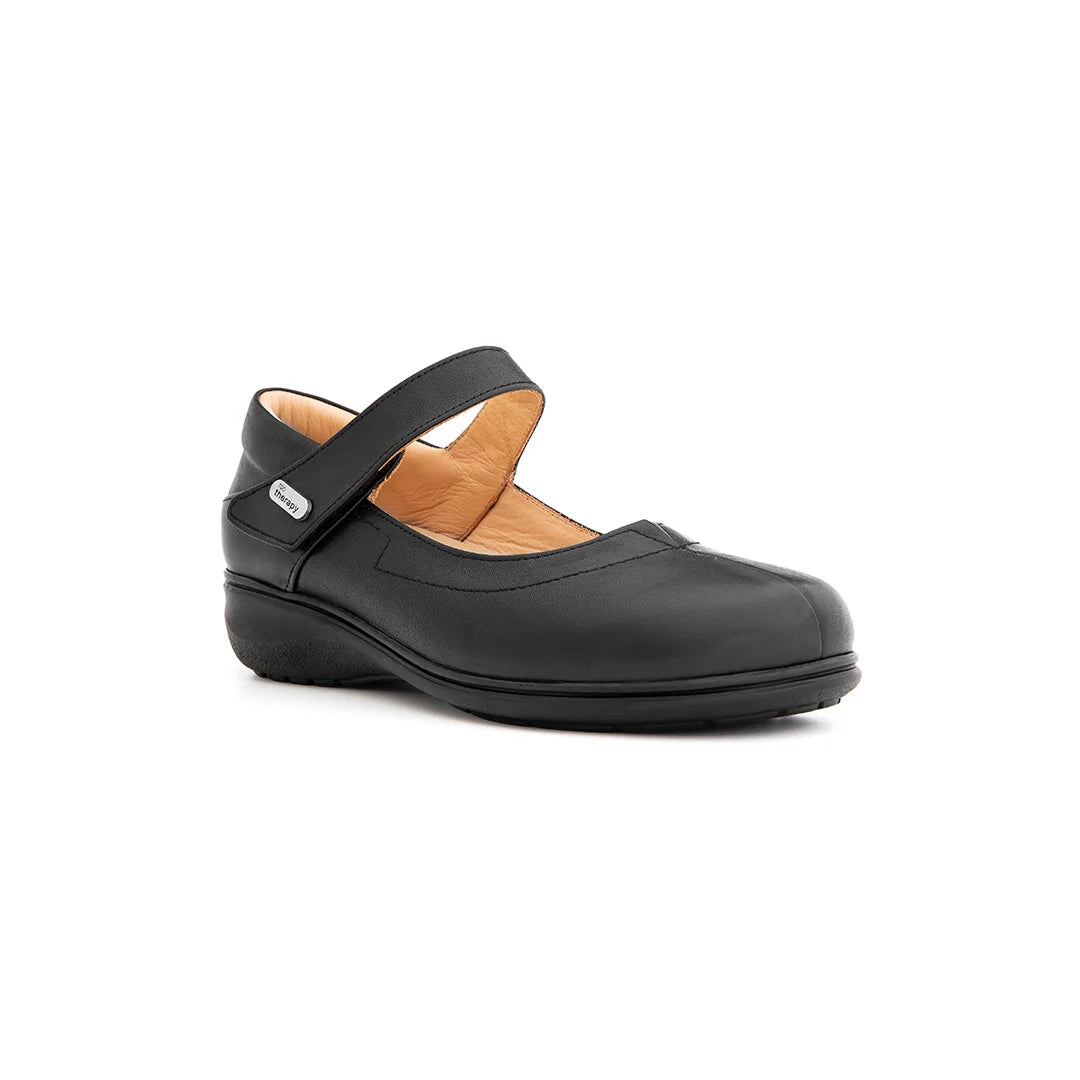We’ve all done it — spotted a stylish pair of shoes on sale, grabbed them, and felt pleased with the bargain. But after a few weeks of blisters, aching feet, or worn-out soles, that “deal” doesn’t feel like such a win anymore.
The truth is, cheap shoes often come with hidden costs that go far beyond the price tag. Discomfort, short lifespan, and potential health issues can quickly outweigh any initial savings.
By contrast, orthopedic footwear offers long-term comfort, durability, and genuine value. At TDO Therapy, we believe in shoes that don’t just look good but actively improve your quality of life — one step at a time.
Here’s why investing in orthopedic shoes pays off in ways cheap footwear never can.
The Real Price of Cheap Shoes
1. Poor Materials, Poor Comfort
Low-cost shoes are typically made from synthetic materials — plastic-based uppers, stiff interiors, and thin insoles. While they might look decent on the shelf, they don’t breathe or flex naturally with your foot.
This can cause:
-
Excessive sweating and odour
-
Friction leading to blisters or redness
-
Rigid movement that tires your muscles
Without natural materials like soft calf leather or breathable linings, your feet end up trapped in discomfort that only worsens with time.
2. Lack of Support and Alignment
Cheap shoes rarely consider foot anatomy or biomechanics. They often lack proper arch support, heel stability, or shock absorption — key elements that keep your body aligned.
The result? Misalignment that doesn’t just hurt your feet but ripples upward through your body:
-
Overpronation (rolling inward) or supination (rolling outward)
-
Heel pain from poor cushioning
-
Knee, hip, and back strain from unstable posture
Even if you’re not feeling pain immediately, prolonged use can gradually wear down your joints and tendons, leading to chronic discomfort.
3. Quick Wear and Tear
A low price often means low durability. Cheap soles flatten quickly, stitching unravels, and synthetic fabrics tear after minimal use.
You might end up replacing them every few months — spending more in a year than you would on one quality pair of orthopedic shoes that lasts.
As the saying goes: buy cheap, buy twice.
4. No Breathability = Skin Problems
Synthetic interiors trap heat and moisture, creating the perfect environment for fungal infections, odour, and irritation.
People with sensitive or diabetic skin are especially at risk. Without breathable linings and moisture control, feet can develop sores or hot spots, making cheap shoes not only uncomfortable but potentially harmful.
5. False Economy
It’s easy to justify cheaper shoes as “just for now,” but temporary fixes can become expensive habits. Frequent replacements, discomfort, and even medical bills for foot pain add up over time.
Investing in orthopedic footwear may cost more upfront, but the long-term benefits make it a smarter, healthier, and more economical choice.

The Long-Term Benefits of Orthopedic Footwear
Orthopedic shoes are crafted with medical-grade design and quality materials to support your body — not strain it. Here’s how they deliver lasting value that cheap shoes can’t match.
1. Designed for Your Health
Unlike regular shoes, orthopedic footwear is engineered to align, cushion, and protect your feet. Every detail — from the sole shape to the interior lining — serves a functional purpose.
TDO Therapy’s orthopedic shoes feature:
-
Rocker bottom soles that promote natural walking motion
-
Triple-layer cushioning with memory foam for shock absorption
-
Firm heel counters for balance and stability
-
Wide toe boxes to reduce pressure
-
Seamless, breathable interiors that prevent irritation
The result? Shoes that not only feel good but actively support better mobility and joint health.
2. Improved Posture and Alignment
When your feet are correctly supported, your entire body benefits. Proper foot alignment reduces strain on your knees, hips, and spine — improving posture and balance.
TDO Therapy shoes are designed with anatomically contoured footbeds that maintain your body’s natural alignment, helping you move more efficiently and with less fatigue.
3. Lasting Comfort, All Day Long
Cheap shoes feel fine for an hour; orthopedic shoes feel great from morning to night.
The cushioning system inside orthopedic footwear absorbs shock with every step, reducing impact on your joints. The breathable natural leather keeps your feet cool and dry, preventing swelling during long wear.
This means fewer aches, less fatigue, and greater energy throughout your day.
4. Durable Quality That Saves You Money
Orthopedic shoes use high-grade materials built to last — meaning you replace them far less frequently.
At TDO Therapy, our handcrafted construction ensures durability without stiffness. The natural leather molds to your feet over time, offering a personalized fit that gets even more comfortable with use.
Over several years, the cost per wear of orthopedic footwear is often lower than cheap shoes that need replacing every few months.
5. Protection Against Long-Term Injury
Proper footwear isn’t just about comfort — it’s about preventing damage.
Orthopedic shoes protect against common foot and joint issues, including:
-
Plantar fasciitis
-
Heel spurs
-
Flat feet or fallen arches
-
Metatarsalgia
-
Bunions
-
Diabetic ulcers
By addressing these problems early or preventing them entirely, orthopedic shoes can save you from costly treatments or physical therapy later on.
Comfort Is an Investment, Not a Luxury
It’s easy to see shoes as a style purchase — but in reality, they’re part of your daily health toolkit. The right shoes influence your posture, energy levels, and mobility.
Think of orthopedic shoes as an investment in long-term wellbeing:
-
More comfort → means you walk more.
-
More walking → means better circulation and fitness.
-
Better support → means fewer injuries and less fatigue.
What you’re really buying isn’t just footwear — it’s a foundation for a more active, pain-free lifestyle.
Why TDO Therapy Footwear Is Worth the Investment
At TDO Therapy, our orthopedic shoes are more than supportive — they’re crafted to medical standards for lasting comfort and health.
Our Key Advantages:
-
Natural calf leather for breathability and flexibility
-
Triple-layer cushioning system for all-day softness
-
Rocker bottom sole to enhance movement and balance
-
Firm heel support to align posture
-
Seamless interior to prevent irritation
-
Lightweight yet durable build for everyday wear
-
Adjustable Velcro straps for a perfect fit
Every pair is a Class 1 medical device, recommended by podiatrists and orthotists for patients and professionals who spend long hours on their feet.
Practical Tip: Calculate the True Cost
Let’s say you buy cheap shoes for £40, and they last 3–4 months before wearing out. Over two years, that’s roughly £320 — with no health benefits.
A quality pair of orthopedic shoes might cost £150 but last for years, providing continuous support and protection.
Comfort, quality, and health — that’s true value.
Frequently Asked Questions
Why are orthopedic shoes more expensive?
Because they’re made with premium materials and designed for medical-grade support, ensuring comfort, durability, and long-term health benefits.
Are orthopedic shoes stylish?
Yes. Modern designs, including TDO Therapy’s range, combine therapeutic structure with contemporary style suitable for daily wear.
How long do orthopedic shoes last?
With proper care, they can last between 12–24 months of daily wear — far longer than standard footwear.
Can orthopedic shoes really prevent pain?
Absolutely. They’re built to distribute pressure evenly, support natural alignment, and reduce the strain that leads to chronic pain or injury.
Final Thoughts
Cheap shoes might save you money today, but they can cost you much more in the long run — through pain, poor posture, and constant replacements.
Investing in TDO Therapy orthopedic footwear means investing in your comfort, health, and mobility. Our handcrafted shoes are built to last, providing breathable comfort, stability, and medical-level support that you’ll feel with every step.
Because when it comes to your feet — the foundation of your body — quality isn’t a luxury. It’s a necessity.


